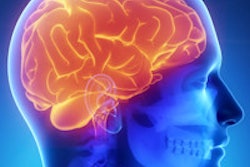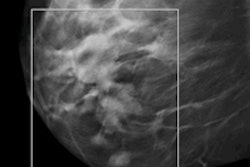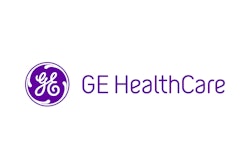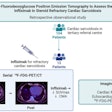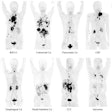A patient survey sponsored by GE Healthcare on incurable neurological disorders such as Alzheimer's and Parkinson's disease found that more than 3 out of 4 people would want to know what neurological disorder they have, even if there were no cure.
The survey, which was conducted by Millward Brown of 10,000 people in 10 countries, found that 81% would want to identify an incurable neurological disorder if it affected somebody close to them. More women (84%) wanted to know than men (76%), GE said.
In other findings, 94% of those surveyed said diagnosis should be funded by either government or private health insurance. However, 51% said they would be prepared to pay for diagnosis themselves. Participants in India (71%) and China (83%) were most willing to pay on their own, compared with almost half of those surveyed in Russia and around one-third of respondents in the U.K., U.S., and Japan.
When asked why they would want to know, 71% of survey participants indicated they would like to start treatment that could help manage the symptoms of the disease. Other reasons include the opportunity to change lifestyle to potentially slow the impact of the illness (66%) and the ability to make informed decisions (62%), GE said.
Those who would not want to know cited undue worry and the futility of knowing about their disorder without being able to control it, according to the vendor.
The survey also discovered that many respondents were not familiar with the possible signs and symptoms of dementia. While 70% recognized memory loss and 61% identified disorientation as signs of dementia, less than half of those surveyed were able to identify other common systems, including language problems; personality, mood and behavior changes; and loss of initiative, GE said.
Millward Brown conducted the 14-minute quantitative online survey in June in 10 countries: Australia, Brazil, China, India, Indonesia, Japan, Russia, U.K., and U.S. There were 1,000 nationally representative adult respondents from each country, according to the firm.





